The UNESCO Institute for Lifelong Learning (UIL), together with the UNESCO Asia-Pacific Centre of Education for International Understanding (UNESCO APCEIU), hosted a think-tank meeting on 31 August 2023 at its headquarters in Hamburg, Germany.
Titled ‘Placing citizenship education within a lifelong learning perspective: From research to action’, the meeting welcomed 28 participants, both on-site and online, comprising representatives of international organizations and academia, individual experts and practitioners to engage in a thought-provoking debate on the merits of promoting citizenship education for advancing a new social contract for education.

In her opening remarks, UNESCO Assistant Director-General for Education Ms Stefania Giannini reflected on the instrumental role citizenship education plays in ‘creating a lifelong learning culture that supports learning to live together.’ She emphasized the need to inspire citizens of all ages, and in all spaces, to not only become well-informed, critical thinkers but to actively engage in shaping a society that is democratic, peaceful, sustainable and just. She also referred to the current revision of the UNESCO’s 1974 Recommendation concerning education for international understanding, co-operation and peace and education relating to human rights and fundamental freedoms.
Further remarks were provided by the UN Special Rapporteur on the right to education, Ms Farida Shaheed, who described citizenship education as a human right to be exercised throughout one’s life, and Special Adviser to the UN Secretary-General for the Transforming Education Summit Mr Leonardo Garnier Rímolo, who defined citizenship education as ‘not about providing the right answer but about learning how to search for the answer.’
Discussions covered a range of themes, including the conceptualization of citizenship education, its role within lifelong learning, the need to include it in adult learning and education curriculum, building the capacities of educators to facilitate citizenship education, and how digitalization impacts citizenship education and vice versa. Best practice examples of non-formal citizenship education initiatives were also shared to further highlight the interconnectedness of multiple forms of learning throughout life.
Participants agreed on the centrality of citizenship education for reshaping the educational landscape and on the importance of promoting it more widely within adult learning and education. To this end, they called for concrete strategies to advance the development of citizenship education within families, classrooms, communities and among all relevant actors.
An advocacy brief based on these discussions is in development and will be published by UIL in the coming weeks.
Looking ahead, UIL plans to host additional think-tank meetings on citizenship education to explore strategies for its monitoring and evaluation, as well as its relationship to well-being. More information on these meetings will be shared in the coming months.
Source: unesco

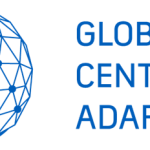
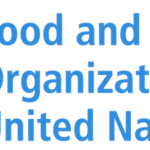
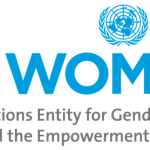
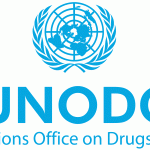
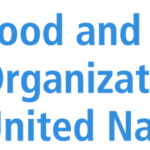
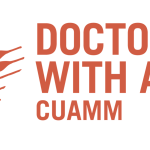













Add Comment